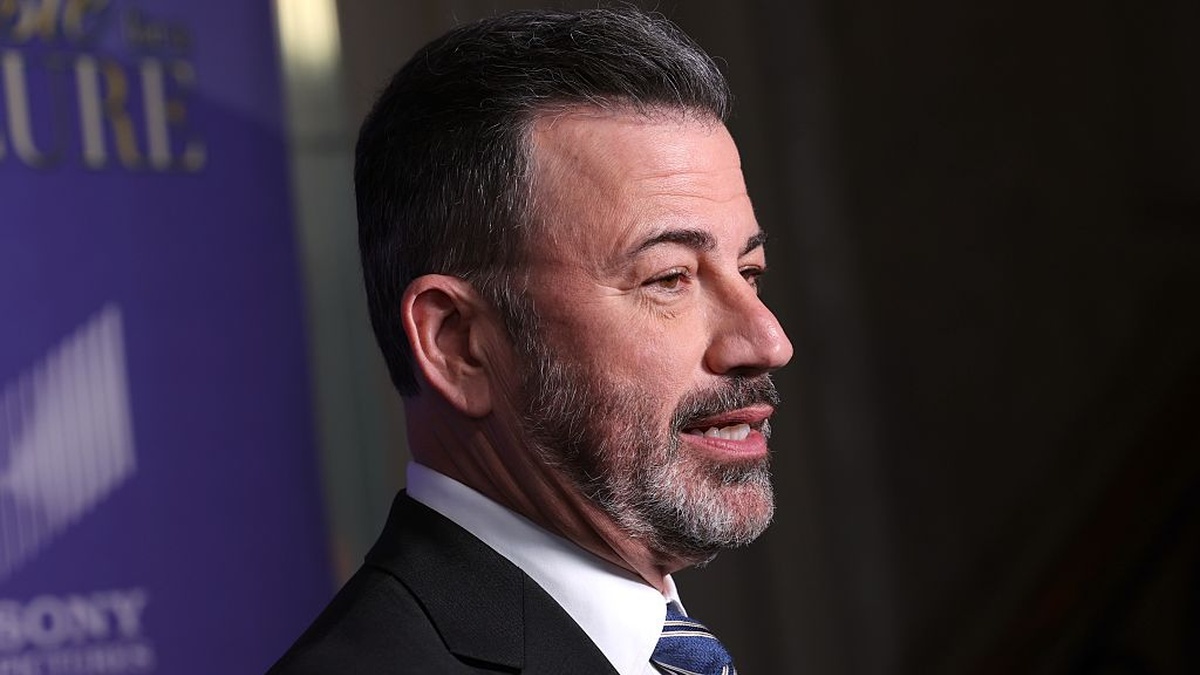One episode was provided prior to broadcast.
Important note: I’m a complete fanatic for the Marvel Cinematic Universe and everything even remotely related to it. That’s why I was simultaneously distraught when ABC canceled my favorite MCU cable network show, Marvel’s Agent Carter, and elated when it kept the divine Hayley Atwell around for one of its new crime shows Conviction, which is a notch above Betrayal and a step below Notorious as far as generically meaningless titles go. Alas, it’s a near tragedy to discover that Atwell’s role in the series, which she at least prevents from being a complete waste of time with one or two moments of charm, could essentially be played by anyone and elicit the same result.
Unlike the coterie of incarcerated innocents at the center of the show, Conviction does no one participating one iota of good: everyone is broadly drawn with specifically imagined (and mysterious) backstories that never serve to influence their current lives on the so-called “Conviction Integrity Unit.” It’s trying to work in the Shondaland wheelhouse (it does have the overproduced musical score to make a case), but without a cohesively intriguing central team, interesting lead character, or any serialized hook at all, it’s far too easy to tagline the show with a running commentary in your head: we lost Agent Carter and got this?
Hayes Morrison (Atwell) is completely content to continue freewheeling her life into obscurity following years under the spotlight as the First Daughter of the United States, but when a particularly nasty cocaine possession arrest threatens a lengthy prison sentence, she faces a decision: “go braless and finally read Infinite Jest,” or head up the Conviction Integrity Unit at the behest of former flame slash NYC District Attorney Conner Wallace (Eddie Cahill). She chooses the latter, and is placed on a pre-selected team comprised of a paralegal, Tess (Emily Kinney), a forensic expert, Frankie (Manny Montana), a former detective, Maxine (Merrin Dungey), and a “golden boy,” Sam (Shawn Ashmore), who had Hayes’s job up until the minute Wallace decided to blackmail her into the position.
[zergpaid]Their goal is simple and straightforward (often Conviction‘s problem): dig into old cases where currently incarcerated individuals were surrounded by evidence that could potentially exonerate them, proving their innocence, and locking up the true wrongdoers in the process. Hayes decides that the CIU’s first case will be politically leaning, handpicking a young black man’s alleged murder of his girlfriend in the woods of upstate New York, which an all-white jury found him guilty of eight years ago. Hayes’s goal? Solve the case in under five days (an arbitrary ticking clock set by Wallace), set an innocent man free, and somehow wiggle her way out of the blackmail and onto a beach in Hawaii.
Atwell gets to prove her range by playing such a scoundrel (although she had plenty of showcases in her aliases on Agent Carter), but there’s nothing interesting about Hayes to carry an entire series moving forward. Sarcastic, hollow dialogue feels like the left-over bits and pieces from the cutting room floor of Scandal‘s motormouthed dialogue factory, so much so that even Atwell struggles through blandly “ribald” quips, like when she snarks that a putrid pink dress “makes me look like I have HPV.” Mommy issues come and go fast enough to give you whiplash, making Hayes’s series-establishing decision later in the pilot come off as particularly tenuous.

But all that just masks the true disappointment: Atwell’s star power, charm, and refreshing ingenuity are sapped by Conviction‘s banality. The show is a specific breed of crime procedural – Atwell your immature-yet-whip-smart leader at the head of a ragtag bunch – and while it’s impossible to tell if a heavily serialized aspect will be introduced later in the season, right now it appears to be laser focused on your traditional CSI, NCIS, Criminal Minds case-of-the-week structure. Though that’s not a knock against the show in and of itself, it’s what Conviction does with that format which disappoints: essentially nothing. The team is diversely personalized (Tess your goodie-two-shoes harboring a dark past, Frankie your hot head, Sam your pragmatic anchor) without being actually personable.
None of the inner department work relationships pop, and some characters barely spend any time on screen together so it’s hard to even begin accepting the show’s most basic truth: that these people are a logical, functional and capable group. Pilot constraints can easily explain away that point, but even the relationships that Conviction spends most of its time with – Hayes and Wallace especially – are largely dull. Atwell and Cahill lack a spark of chemistry, so every risqué scene set in Wallace’s cavernous office where the two’s implied sexual history creeps into focus (and there are a couple) lacks the sexy, fun, and romantic edge that could have potentially picked up the slack where Conviction‘s plot failed.
That’s maybe the most confounding aspect of Conviction: it’s entirely joyless. ABC, usually the purveyor of soapy trash that entertains precisely because of its adherence and acceptance to the fact that it is soapy trash, has completely dropped the ball with Conviction. Co-creators and producers Liz Friedman and Liz Friedlander craft a working, moving mystery in the pilot, but it’s vapid and toneless. There’s no slant to the world, or eye to the direction of the series, or intriguing voice behind the script’s decision to invoke, tangentially, the Black Lives Matter movement.
It’s just another crime procedural housing a slightly new gimmick, with a bickering central group that manage to break the case wide open in the last four minutes of the episode. Except Conviction needed to be more, not only because of its star who deserves much (much, much, etc) better than this, but because there’s a niche wide open for such a show to prove procedural can meet serialized on a weekly basis. The Catch tried this spring, Scandal and How To Get Away With Murder are sort of that, but mostly melodramatic messes, and iZombie is probably the closest currently on the air.
Maybe I’m holding it to an unnecessarily high standard given its intertwined history with a favorite show of mine, but I knew Atwell wasn’t going to play Carter forever; hell, I knew I was lucky to see her in one season, much less two. I think the most telling part of Conviction‘s boggling ineptitude is that if you replaced her with a no-name actress in the same role, the show would remain largely the same: disappointing, unentertaining, and irrelevant. Atwell showing up nets it brownie points, but the show has no idea how to use her to its strengths, and subsequently only reveals its own glaring, fumbling weaknesses.










Published: Sep 28, 2016 10:31 am